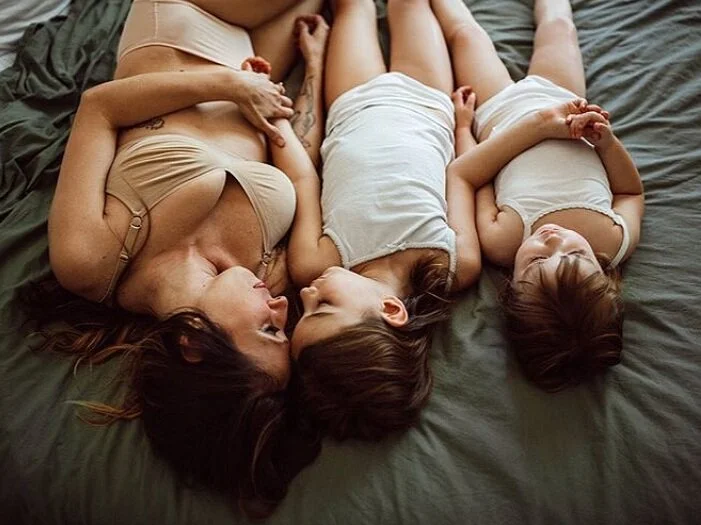From birth to age 6, your child’s relationship with you is the central organizing experience of their life. From the beginning, your baby is a person with feelings, thoughts, and a meaningful inner life who is developing a sense of themselves, others, and the world through their relationship with you.
Babies are extremely attentive and sensitive to the feelings, facial expressions, and mental state of the adults to whom they’re close, and they depend on back and forth responsive communication to feel calm and secure.
Understanding the mind of your baby or child, and the meaning of their signals and behavior as they seek to understand yours, is a key part of the parenting experience. However, it is not uncommon for parents to find it challenging to attune to their baby or young child, especially with babies that have difficult temperaments.
When stressful things happen in your child’s life, it’s their relationship with you as their attachment figure that will help them manage their feelings and make sense of their world.
The more safe and secure your young child feels in their relationship with you, the more they will turn to you for help when in trouble when they’re older. With this foundational security, they will have a higher sense of self-worth, know that most problems have an answer, solve problems on their own, know how to be kind, and trust that good things will come their way.
Be aware that memories of our own early relationships and childhood experiences—both benevolent and problematic—return to us when we become parents. As children go through different developmental phases, unresolved past experiences and feelings can emerge in one’s present relationship with their child.Sometimes this causes difficulty with parents’ relationships with their children, but it also offers new opportunities for growth and transformation
Did you know?
Every baby and child is different. What it takes to be a good-enough parent to one child can be very different from what it takes to be a good-enough parent to another.
Separating from your baby? Make sure to say goodbye! All children feel more secure when they know they can count on you to let them know when you are leaving. Otherwise, children learn that that the people closest to them unpredictably disappear, and can become more clingy and anxious in general since they don’t know when you will suddenly be gone.
Everyday routine activities like diapering, bathing, dressing and feeding are not mundane activities for your young child; from the start, these are learning experiences through which your baby is developing a relationship to their body and their needs, and discovering what they can expect in connections with other people.
RESOURCES
Zero To Three: National Center for Infants, Toddlers, and Families
The Emotional Life of the Toddler, by Alicia F. Lieberman, Ph.D.
Parenting from the Inside Out: How a Deeper Self-Understanding Can Help You Raise Children Who Thrive,
by Daniel J. Siegel, M.D. and Mary Hartzell, M.Ed.
MEET JILL SULKA
Jill Sulka, Psy.D. is a licensed psychologist who specializes in infant and early childhood mental health. She provides parent consultation, infant-parent and child-parent psychotherapy, and child play therapy in her office and at home, depending on the needs of the family. Dr. Sulka has been providing psychological services for 20 years, and has directed several programs for parents and their children birth to 8 years old.She believes that every child and parent deserve the opportunity to develop a relationship together that best supports that child’s potential to grow well and love well. She can be reached at (510) 326-2002 and jillsulka@gmail.com.

